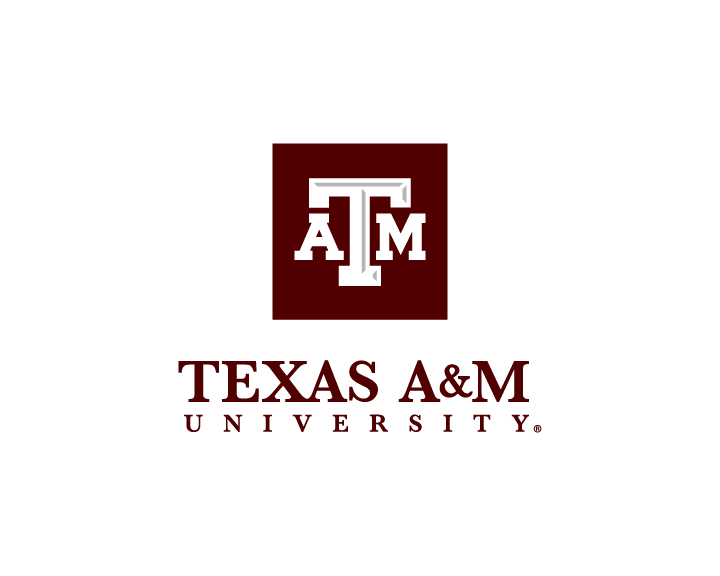Texas A&M: New Project To Focus On Alternative Energy Sources
Teaching students about the importance of alternative energy sources and then instructing them on how to build devices like solar panels and wind turbines is the focus of a $60,000 grant awarded to two Texas A&M University at Galveston researchers.
Irfan Khan, instructional assistant professor in the Department of Marine Engineering, and Jenna Lamphere, assistant professor of sociology, have received Texas A&M’s Presidential Transformational Teaching Grant for the project. It will be administered through the CARES (Clean And Resilient Energy Systems) lab in the Marine Engineering Technology Department.
“We will purchase a solar/wind energy training system that will demonstrate how wind turbines and solar cells are being used in the consumer and industrial markets to supplement the world’s power needs,” Khan said.
The program explores sunlight and wind as energy sources that can be used to help reduce dependence on non-renewable fuel sources, he said. Students will gain “a complete perspective” of the field by studying the economics, efficiency, and low environmental impact of producing energy from non-polluting, renewable sources.
“All of these training systems are made from real-world components that are used in industry, the same that students see in their homes, schools, and workplaces, but their size is bit smaller than the industrial ones, specifically developed for laboratory and training purposes,” Khan said.
Alok Verma, professor and head of marine engineering technology, said the grant is especially important for future clean-energy studies.
“Alternative energy is a strategic growth area in our Marine Engineering Technology Department,” he said. “In addition to the CARES lab and the work Dr. Khan is doing, we are in the process of hiring an additional faculty member to help support research, curriculum and training in this area. We will also be collaborating with the Ocean Engineering Department for wave power generation and marine robotics.”
Khan said he and co-workers will teach students the history, fundamentals, installation, operation, maintenance and servicing of solar energy and wind energy systems.
Lamphere said she and Khan “are taking a socio-technical systems approach. He is focused on renewables and I am focused on areas such as bolstering campus recycling, community gardening, etc. Following the lead of Worcester Polytechnic Institute’s (WPI) project-based approach, next year students will be broken into teams and tasked with assessing and developing sustainability innovations for project areas.”
The project combines the benefits of sustainability curriculum with project-based learning to give students the competencies they need to become “vanguards of sustainability,” she added.
“It will enhance student sustainability literacy through an interdisciplinary approach that examines complex interactions between technical, social, and environmental systems,” Lamphere said. “WPI has shown that students carry such knowledge and skillsets into their professional and civic lives, thus demonstrating the transformative potential of project-based learning.”
The project will be centered around training Texas A&M-Galveston students, but online training certificates will be available for applicants from around the world.
“We also intend to use it to give local middle and high school students and community college students hands-on experience by offering them summer lab tours or National Science Foundation-funded research opportunities,” he said.

